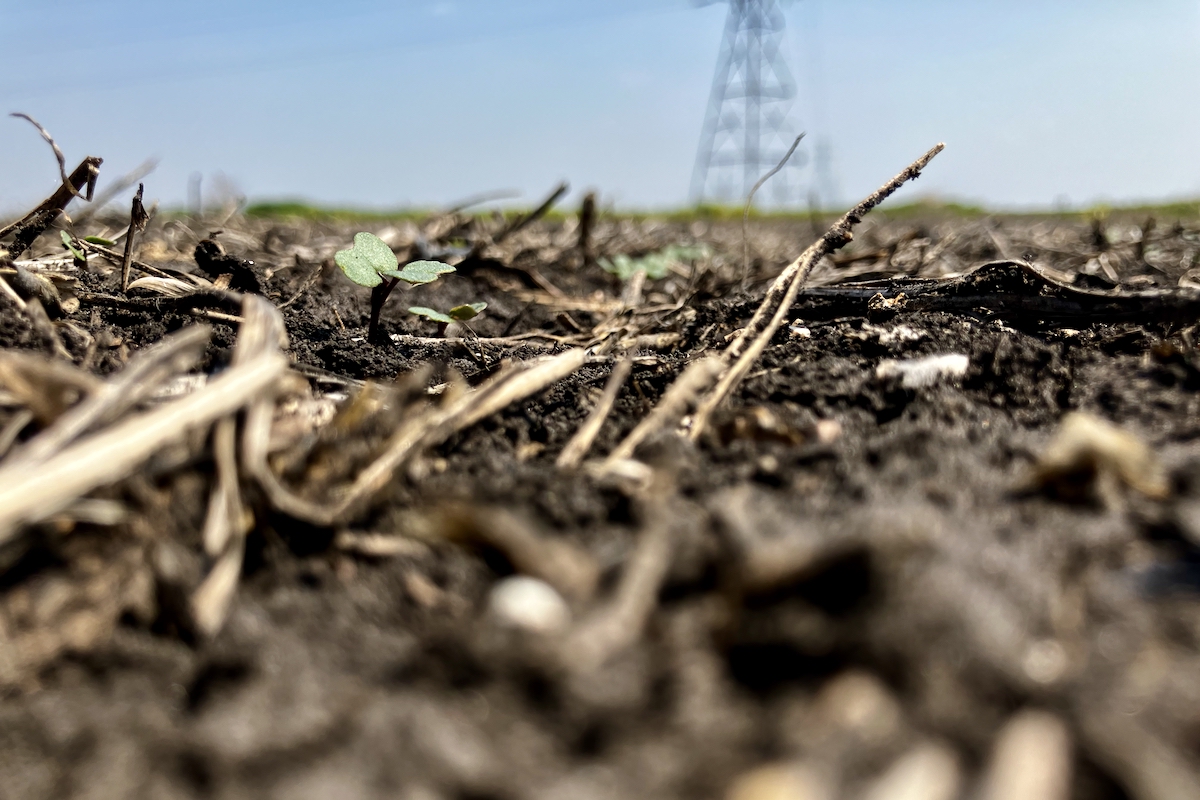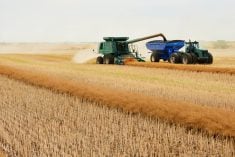A new report, now in the hands of Canadian agriculture officials, outlines several areas where additional science, support and action are required to manage water more efficiently in agriculture.
The lengthy document, published yesterday, came at the request of Agriculture Canada. An independent, 15-member panel helped assemble its wide-ranging recommendations, which address uncertain market conditions in changing climates, beneficial management practices and investments in new farm-scale technologies.
The document, Water and Agriculture in Canada: Towards Sustainable Management of Water Resources, identifies areas where agricultural practices, water use and environmental impacts could be improved with research and policy.
Read Also

Crop input costs to rise in 2026: FCC
Crop input costs are expected to rise in 2026, while crop prices are expected to come down, according to Farm Credit Canada’s analysis.
“The science can be done with appropriate resources, but ultimately it’s decisions that are being made by people and politicians that are going to change the future,” said Howard Wheater, chair of the panel who also heads the Global Institute for Water Security at the University of Saskatchewan.
There is great potential, he said, for producers to feed a growing world population — one relying on more water-intensive foods — but production must also be weighed with the health of waterways.
“You need local solutions for local problems. Beneficial management practices can do significant good in enhancing the quality of our water and the environment,” said Wheater. “We need to understand better their effects at local and larger scales.”
Drainage on farmland is one issue he highlighted in Western Canada along with nutrient management, using the example of phosphorus levels and algal blooms in Lake Winnipeg.
“The issues of nutrient manage are really important if we want to maintain the quality of the environment that Canadians value so much. Then we have to find more effective ways of minimizing the agricultural and urban impacts on those systems,” he said.














